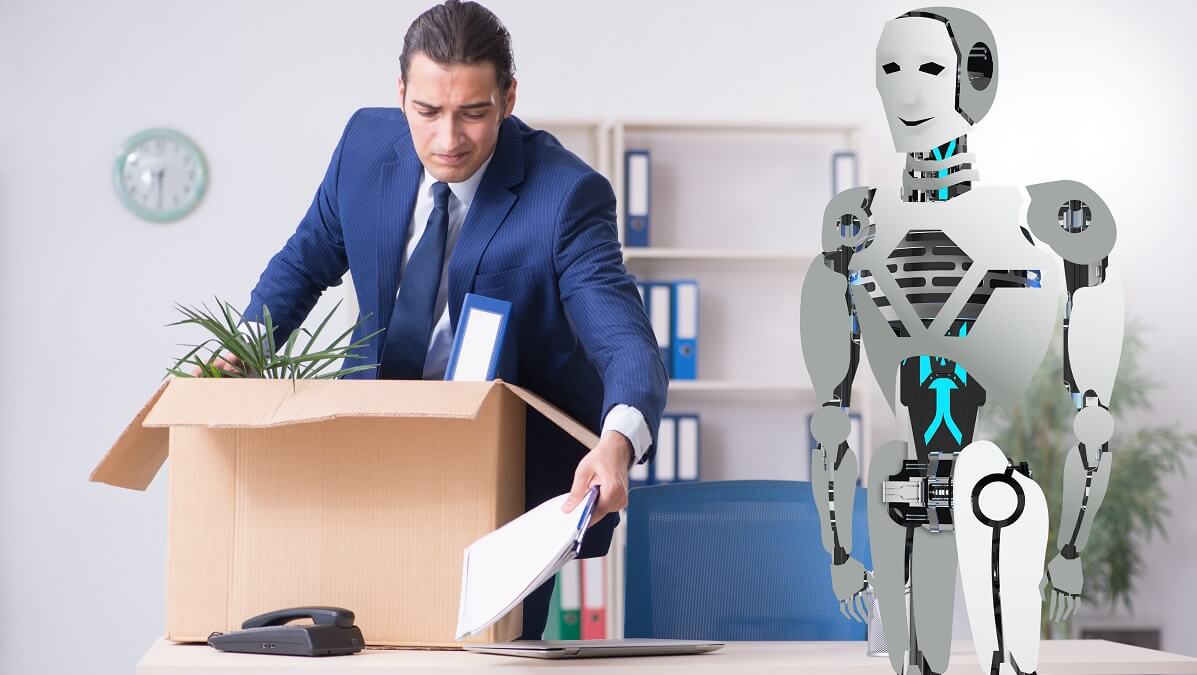The rapid advancement of artificial intelligence (AI) has sparked growing concerns about its potential to replace numerous professions, leaving millions of workers uncertain about their future.
As AI technologies continue to evolve at an astonishing pace, industries across the globe are witnessing the automation of tasks that were once exclusive to human labour.
This phenomenon has triggered a widespread debate (and fear) about the long-term consequences of AI’s encroachment into various sectors of the workforce.
AI’s ability to learn, adapt, and perform complex tasks with remarkable precision has led to its integration in fields such as manufacturing, customer service, healthcare, transportation, and even artistic endeavours.
While these advancements offer unparalleled efficiency, productivity, and convenience, they also pose significant challenges for individuals whose livelihoods depend on traditional job roles.
So, what jobs are the most at risk from the AI revolution?
Delivery drivers
The rise of autonomous vehicles and drones poses a significant threat to professions involving transportation and delivery. AI-powered self-driving cars and unmanned aerial vehicles can potentially replace human drivers and couriers, enabling faster and more cost-effective logistics operations.
Financial analysts
AI algorithms can analyse vast amounts of financial data and make predictions based on patterns and historical trends in a fraction of the time it would take a human adviser.
As a result, AI-driven software applications are increasingly being used to assist in investment decisions, portfolio management, and risk assessment, potentially reducing the need for human analysts.
Customer service representatives
AI-powered chatbots and virtual assistants are increasingly adept at handling basic customer inquiries and providing support.
They can quickly address common queries, track orders, and offer basic troubleshooting, reducing the need for human customer service representatives. However, complex or emotionally nuanced interactions may still require human intervention.
Data entry operators
AI algorithms can quickly and efficiently analyse and process large volumes of data, making data entry clerks susceptible to automation.
Advanced optical character recognition (OCR) and natural language processing (NLP) capabilities enable AI systems to accurately extract and interpret information from various sources, reducing the need for human intervention.
Manufacturing workers
AI-driven robotic automation systems are being developed to perform repetitive assembly tasks more efficiently and accurately than human workers.
These robots can work continuously without fatigue, leading to increased productivity and precision in manufacturing processes.
While AI advancements may streamline processes and improve efficiency, it is important to note that they are not likely to completely replace human workers in these professions.
Human skills such as critical thinking, creativity, emotional intelligence, and adaptability remain valuable and necessary for complex problem solving, innovation, and managing interpersonal relationships.
What other jobs do you think AI could replace? Are you worried it could replace your job? Let us know what you think in the comments section below.
Also read: Power bill savings tips to get you through winter

